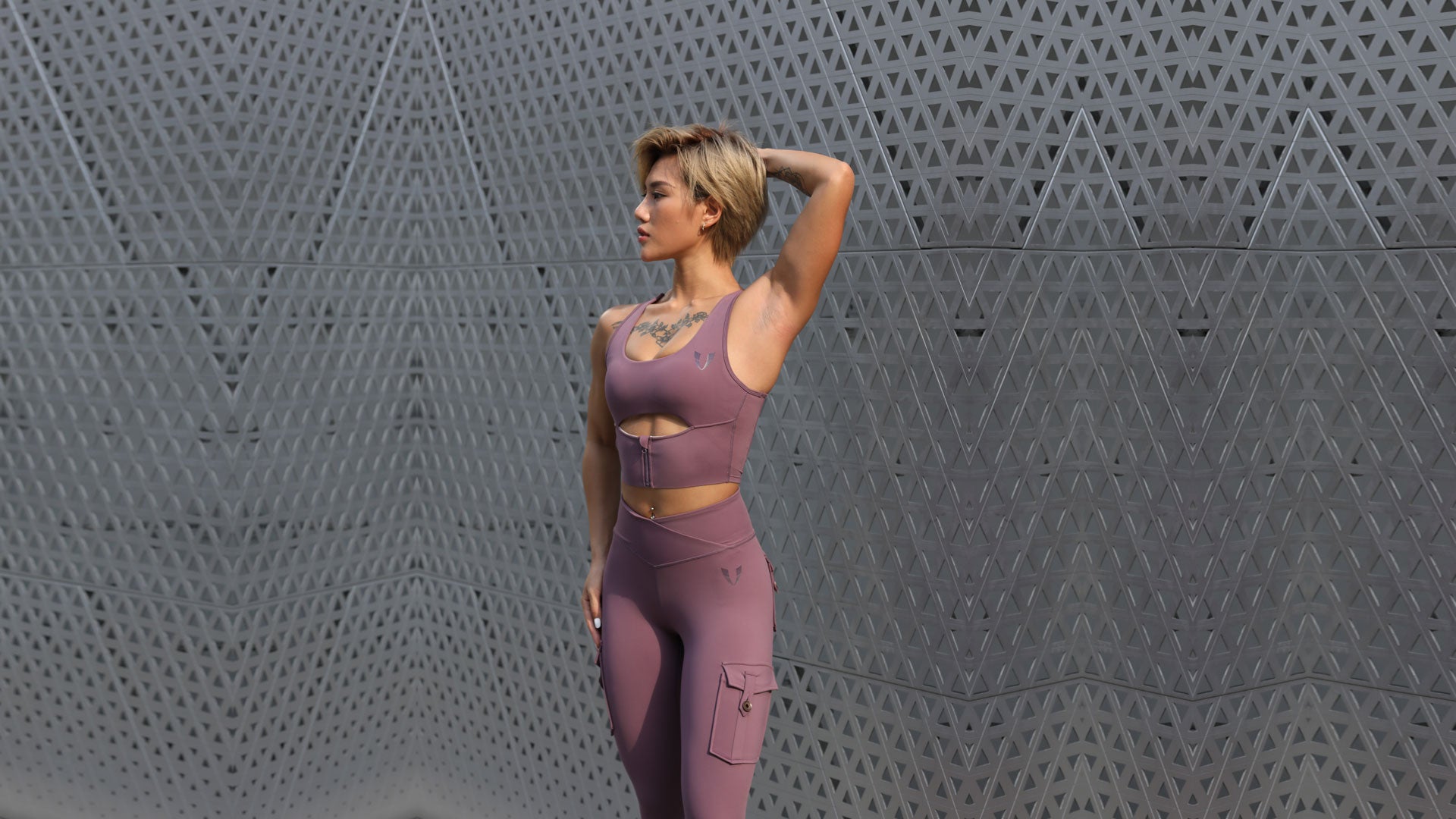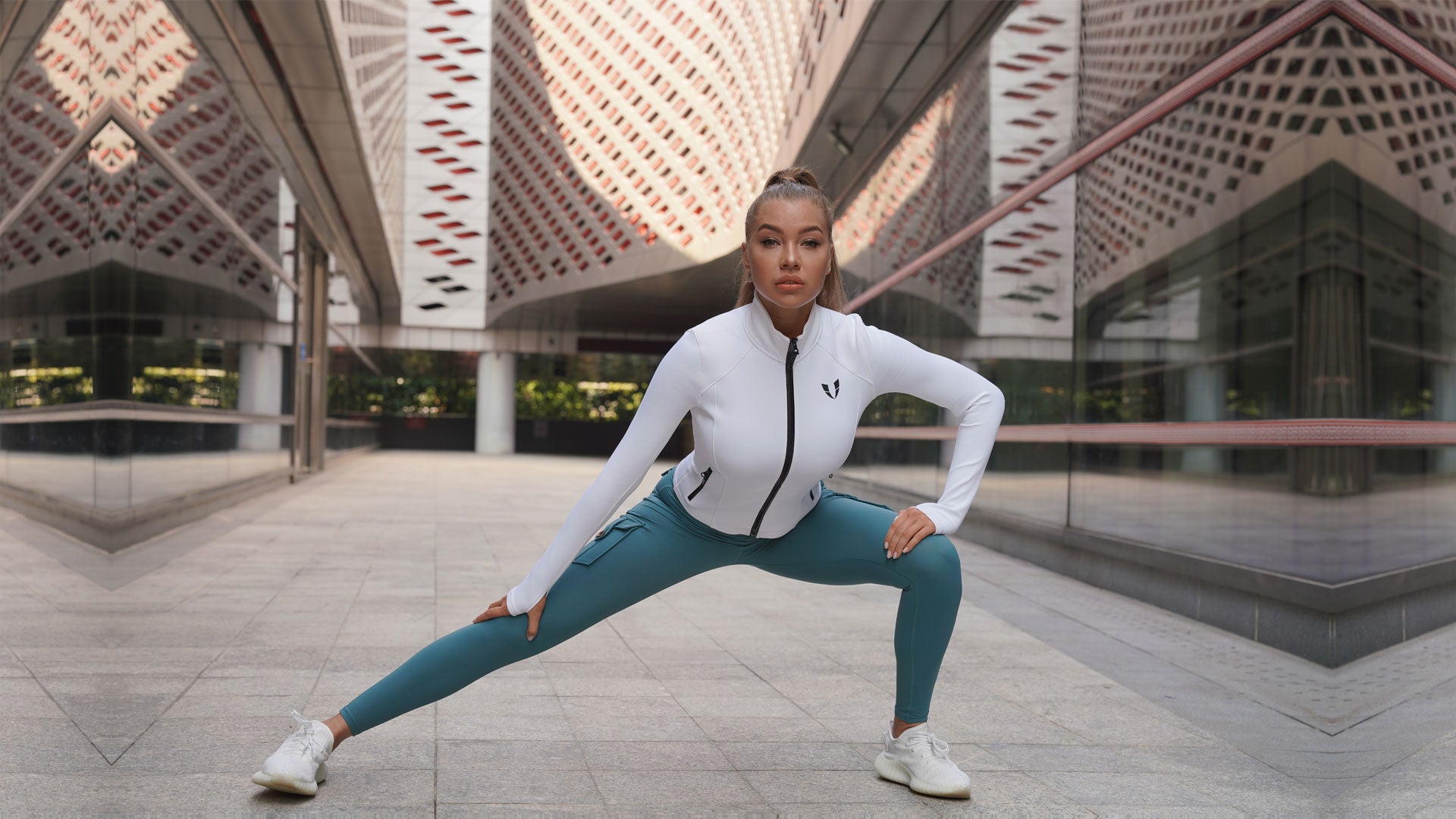
How to make your back more flexible?
If you feel like your back is tight and doesn't have much range of motion, it may be time to improve your back flexibility as you live an active lifestyle and perform different types of movements. This can make it easier to perform a variety of exercises and poses without any resistance or discomfort. If you want to learn how to make your back more flexible, there are a few important steps to take.
Why flexibility is important?
Reduce the Risk of Injuries
Becoming more flexible can allow you to prevent strain and tears that can occur while performing different exercises. Your back muscles will have the flexibility to move in a variety of ways without suffering from damage that can limit your mobility.
Improved Physical Performance
When you have more flexibility, you can improve your physical performance because you'll have greater movement. The muscles in your body will start to work more effectively and can make it easier to achieve your fitness goals or try new exercises without any limitations.
How to Make Your Back More Flexible?
Improve Your Back Flexibility with Yoga
One of the most effective ways to make your back more flexible is by performing yoga stretches. You can make your spine more flexible while also reducing any pain or discomfort that you experience each day. It can even help you to improve your posture and sit up straighter to avoid developing a hunch as you get older.
The sphinx pose is a great stretch to try and requires lying on your stomach while placing your elbows underneath your shoulders. Pull your chest forward and lengthen the tailbone while pulling your chest forward as much as possible. Perform five deep breaths before moving on to a different pose.
The half frog pose will also prove effective and is performed by lying face-down and rising onto your forearms while keeping your elbows under your shoulders. Perform deep breaths. The knees shouldn't be any wider than your hips while bending your right knee and using your right hand to grab your right foot. Lift with your chest.
A bow pose will also prove useful and requires laying on your stomach while bending your knees. Grab onto your feet and hold the pose for up to 30 seconds while attempting to hold your breath. Once you release the pose, exhale and let the air in your lungs out. Try to repeat the pose a few times to slowly start to improve your flexibility. You'll find it's easier to perform the bow pose after a few attempts. You can move on to a more advanced and challenging pose once you find the bow pose too easy to perform.
Wearing the right clothes will make it easier to boost your flexibility and avoid resistance with your poses. Opt for workout crop tops that will keep you cool and won't include too much fabric that can get in the way of your movement.

Maximize Your Training
You can get more out of your exercises and training to improve back flexibility by performing the poses or movements at least three times each week. The sessions should be 10 to 15 minutes long and should incorporate breath work with both dynamic and static stretching. Attempt to hold each pose for an average of 15 to 30 seconds. Try to gradually reach 30 seconds before finding a more challenging exercise.
You can also maximize your training by working on your breathwork. This is an important part of exercising and doesn't require a lot of energy with consistent practice over time. It also helps to strengthen your core muscles. Start by practicing diaphragmatic breathing, which can be performed by standing or sitting. Put each hand on the side of your rib cage and inhale through your nose. Exhale the air out of your mouth while using your pelvic floor muscles and core.
Perform Static Stretches
Static stretches are also effective for making your back more flexible. These types of stretches are useful and require holding each stretch for a few seconds. Try to incorporate them into your normal workout routine. Keep in mind that you shouldn't bounce while performing static stretches, which can place strain on your muscles and lead to an injury. It's also important to warm up before you start to stretch to loosen up your muscles and avoid getting hurt. Warm-up for five to 10 minutes by walking.
Many people also make the mistake of pushing themselves too far with each stretch, which can immediately strain the muscles. Don't stretch more than you feel comfortable with. It's important to stop stretching when you feel the point of tension. Continue breathing and monitoring your pattern of inhaling and exhaling.
Some of the top static stretches to try to include the forward fold, seated torso stretch, and figure-four. More dynamic stretches include side swings, front swings, arm circles, and high knees.
Practice Strength Training
Strength training is also effective in making the back have more flexibility. It's effective if you have proper form and the full range of motion. Squats are included in strength training to increase the lower body's strength. Your feet should be wider than the width of your shoulders while having your toes pointed out. Put your arms out in front of you and have enough stability to avoid falling. Stop stretching once your thighs appear parallel with the ground.
Lunges with a backbend can help you to engage your core as you stretch your torso. Lunge forward with your right leg while placing your arms straight over your head. Gently lean backward while performing the movement. Your right knee should be slightly over your ankle. Freeze and hold your pose for five to 10 seconds. Switch to the other legs while repeating the reps.
Performing these types of strength-training stretches will start to gradually increase your flexibility. Try to practice the stretches for an average of 30 minutes once or twice a week to begin seeing results. Listen to your body to avoid pushing yourself too hard and injuring yourself. Hold at the point of tension and respect your muscle's limits to avoid muscle tears or strains that can occur.
Once you learn the best workouts and exercises for making your back more flexible, it can allow you to start seeing results and have the ability to perform more movements. You can reduce the risk of injuries that occur while staying active and avoid feeling tense.




Leave a comment
This site is protected by hCaptcha and the hCaptcha Privacy Policy and Terms of Service apply.